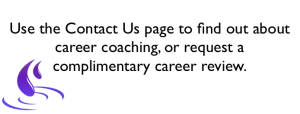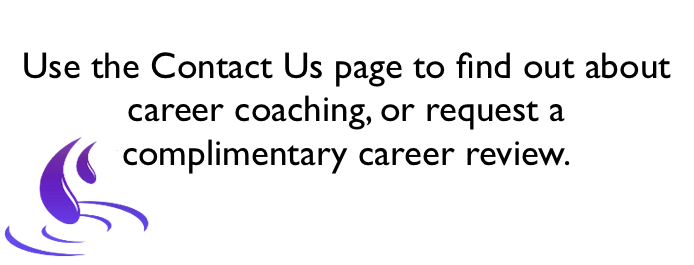Twice a year I come to Hawai’i to study and teach Huna, the life philosophy of the Hawaiians. And that’s where I am right now.
I feel enormously privileged to be here, and to be able to do this. It’s always hectic, particularly once the students start turning up, and I have to put energy into ensuring that everything is in place for them to have a really great experience, yet each time I do this, I grow too. It’s always a salutary reminder of just how rewarding it is to support others in their journey.
Huna’s been a lifesaver for me. I used to say, when people asked me what it is, that it’s the spiritual, psychological, energetic and healing practices of the ancient Hawaiians, but the truth is so much more than that. The Hawaiians don’t separate Huna from Being. For them, all these things we Westerners strive to study are just a natural part of living, of being healthy in mind, body and spirit.
We teach Huna in a Western way, to suit the Western mind. For me, growing up in a rather traditional British family, the idea we might all be connected, that my judgements and reactions to others might reflect judgements I make about myself and emotions I have suppressed, just did not feature in the way we lived life. My mum, a trained nurse, was deeply hostile to anything psycho. Psychiatry, psychology, being psychic, all were anathema, weirdness, unscientific, unproven, a sign of weakness. And as for meditation, well! God was OK, though, and Sunday was Church day (which turned out to be quite profitable for me as I got paid to sing in the choir!)
That attitude was common back in the day. It’s wonderful that people are becoming much more open to the idea that we have both a conscious and an unconscious mind, that we are connected, that there is something of a higher order, be it god, the universe, the collective, that just because you can’t see energy doesn’t mean it doesn’t exist. You can’t see electricity either, but come the power cut we all know it exists!
If you’re finding life stressful, or you’re feeling out of flow, then here are a couple of Huna tips that might help you.
1. Breathe. When Captain Cook and his merry men first showed up in Hawai’i, the Hawaiian’s called them haole. Literally it means no-breath. Hawaiians take the time to breathe deeply, in through the nose, before doing or saying anything important. Breathing brings oxygen into your lungs – vital for organ health and brain function.
2. Come from a spirit of aloha – love. Honour other people, other beings, and the connection we all share. That doesn’t mean you have to hang around with people who sap your energy – but do respect their right to be on the planet, and learn what you need to learn from them.
3. If something gives you energy (real energy, not crash and burn energy) then do more of it. If it doesn’t , then stop doing it! Energy drinks are a classic example. We take energy drinks because we THINK they give us energy. A friend of mine was knocking back 5 or more a day, and decided to give it a rest for a few weeks. After the first few days, he couldn’t believe how much more energy and focus he had once he left the energy drinks behind.
If you’d like to know more about Huna and the Hawaiian approach to living well, leave a comment below this post. I’d love to know your experiences with the world of woo-woo.

 Many job seekers feel uncomfortable when asked salary questions in a job interview. I had a phone call today from a friend who is currently searching for a new job, and he told me he landed two interviews last week. That’s excellent news! And then the question arose: “The recruiter asked me about my salary expectations. What’s the proper answer to this question?”
Many job seekers feel uncomfortable when asked salary questions in a job interview. I had a phone call today from a friend who is currently searching for a new job, and he told me he landed two interviews last week. That’s excellent news! And then the question arose: “The recruiter asked me about my salary expectations. What’s the proper answer to this question?”

 When you’re searching for a new job, chances are that you won’t like every job offer you get. Maybe the salary is lower than your standards, the required working hours don’t leave you any time for your family, or the company culture doesn’t suit you.
When you’re searching for a new job, chances are that you won’t like every job offer you get. Maybe the salary is lower than your standards, the required working hours don’t leave you any time for your family, or the company culture doesn’t suit you. If you have attended our free webinar “
If you have attended our free webinar “
